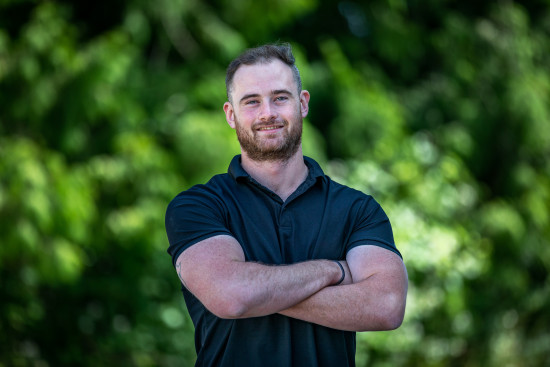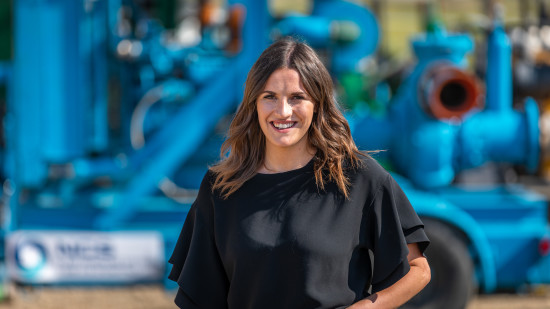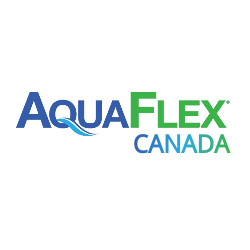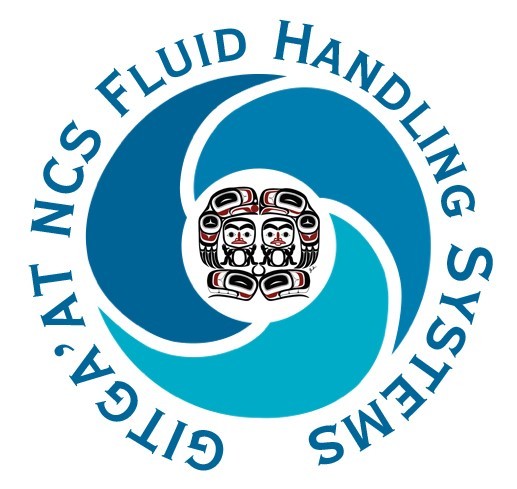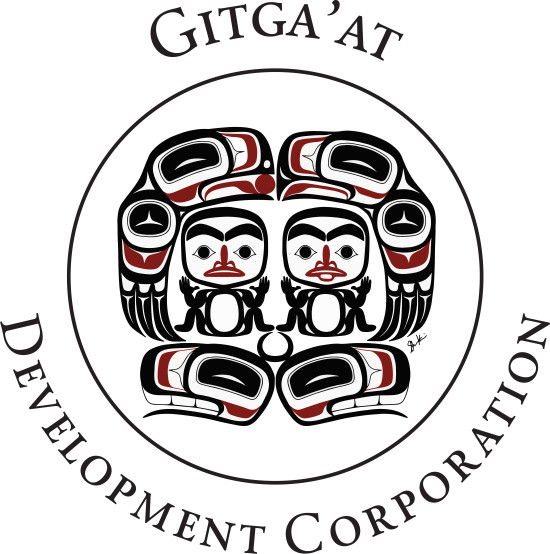4281 Followers
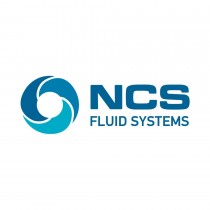
NCS Fluid Handling Systems Inc - Serving all of Canada
Dewatering, Water Treatment, Temporary Diversion, Iron Removal, Filtration, River, Hydro-testing, Odor Control & Sewer Bypass services, Well-pointing, Site Water Management complete rentals and automation
Nisku, Calgary, Kitimat, Ottawa, Toronto, Sudbury Vancouver, Squamish , Alberta, BC, Ontario
- Industrial water treatment
- Well-point dewatering - Specialized equipment
- Dewatering
- Water Treatment and Iron Removal (Heavy Metals removed and treated)
- View All
- Water treatment and sediment control
- NCS Fluid Handling Systems solutions and innovation leaders in well-pointing and dewatering
- AquaFlex Environmental Canada and NCS Fluid Handling Systems partner for a better clean water mandate
- AquaFlex Canada deployment for Spill Containment
- View All
- Dewatering Pumps
- Dewatering Pumps
- NCS Fluid Handling Systems solutions and innovation leaders in wellpointing and dewatering
- NCS Fluid Handling Systems Aquaflex Sorbent products in Canada
- View All
Established in 2016 NCS Fluid Handling System steadily grown to over 70 skilled administrative, system design, engineers and skilled technical staff members.
NCS Fluid Handling Systems provides API tank & pipeline hydrostatic testing, water treatment, sediment control, water management, filtration, sewer bypass, well-point dewatering, as well as deep well dewatering, and water management consulting services primarily in Western Canada. At NCS Fluid Handling Systems, we are dedicated to serving the industrial, construction, mining, municipal and all segments of the energy sector in both planned and emergency environments. On all job sites, our focus is to offer a high level of service, put safety first and adhere to a strong quality plan for your projects.
Everyone at NCS Fluid Handling Systems share the same values of professionalism and are all dedicated to serving all segments of industries in the municipal, industrial and energy sectors for both planned and emergency situations.
NCS Fluid Handling Systems has an uncompromising value that aims to deliver the highest level of professional engagement when it comes to our communication, solutions, system designs and of operational standards around all core services, such as hydro-testing API-650 and API-653 Storage tanks, LNG Tanks, LPG Tanks, well-pointing system design, dewatering and industrial site water management services across Canada and the USA.
NCS Fluid Handing Systems is a proud team of specialists striving to deliver innovative solutions in a safe, professional and cost effective manner to our clients and improve services in all areas of business. The team at NCS believe that our services are more than just moving water and the team works hard to offer the complete package of services from system design & layout to complete customer documentation turnover packages for proper site or tank commissioning. If your projects requires, water diversion licensing, API Inspection, functional operation tests of ancillary equipment such as floating roofs / seals or rolling stairs, water filtration or iron removal prior to water disposal through to a documentation turn over package, the skilled team at NCS Fluid Handling Systems can meet your needs.
REDUCING OUR ENVIRONMENTAL IMPACT
All the services we offer have been developed to NCS Fluid Handling Systems standards with the environmental stewardship and minimal impact in mind.
To us, top-quality fluid handling and water management services means more than comprehensive knowledge, rapid service and exceptional solutions. It means protecting our natural environment for generations to come.
SAFETY & ASSOCIATIONS

COMPLYWORKS ISN Avetta
Just as we care about the environment, we care about the health and safety of our employees, their families and those we interact with on our work sites.
NCS Fluid Handling Systems employees receive relevant training to the highest industry standards, and our crews are equipped with the proper resources to perform water transfers and fluid management services safely and cost effectively.
Whether the project is simple in nature or intricate with unique complexities, NCS Fluid Handling Systems project managers and senior staff members are involved from the onset to develop project-specific test plans that carefully map out all aspects of the work and any project-specific hazards. This attention-to-detail ensures all the required NCS Fluid Handling Systems procedures are reviewed and incorporated into our safe work processes, and become part of the agenda at our daily safety and hazard assessment meetings.
MISSION - VISION - VALUES
MISSION
To create fluid connections with our customers by providing unmatched customer care, professionally designed solutions, safety awareness and environmentally sustainable operational excellence.
VISION
It is the vision of NCS Fluid Handling Systems' to evaluate all conditions when considering Professional and Technically reviewed fluid solutions, in order to deliver exceptional customer care to the energy, mining, municipal and industrial water utilization markets.
VALUES
Respect; Professionalism; Safety; Customer Service.
NCS Fluid Handling Systems provides a diverse range of services in the area of industrial water use and management.
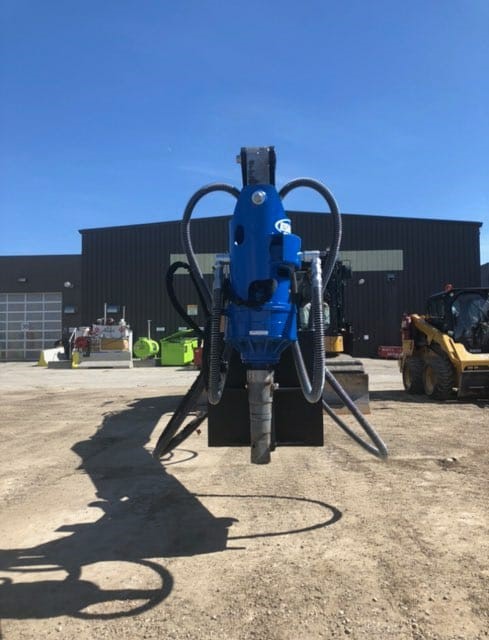
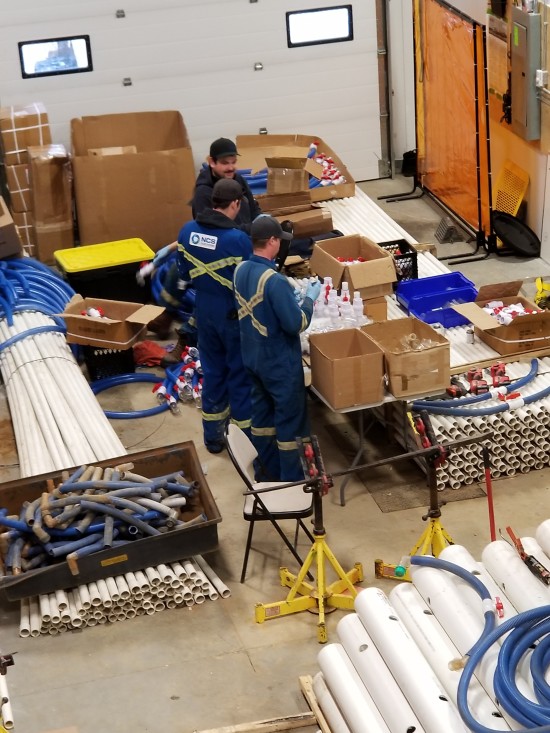
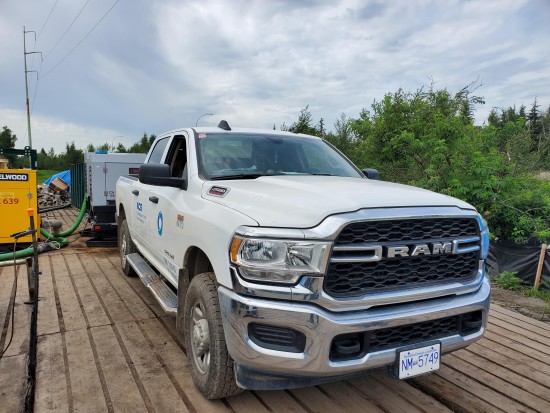

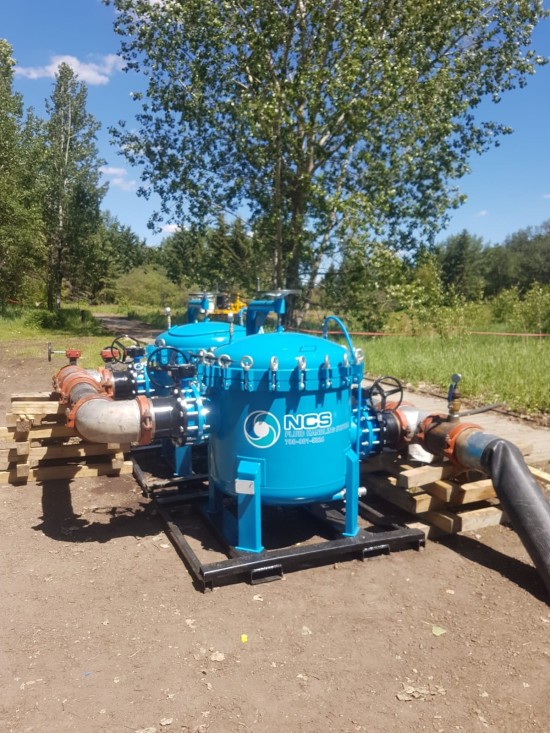
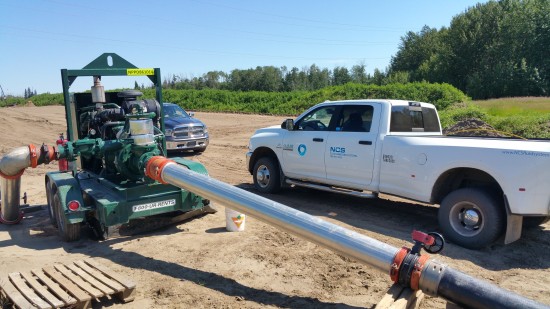
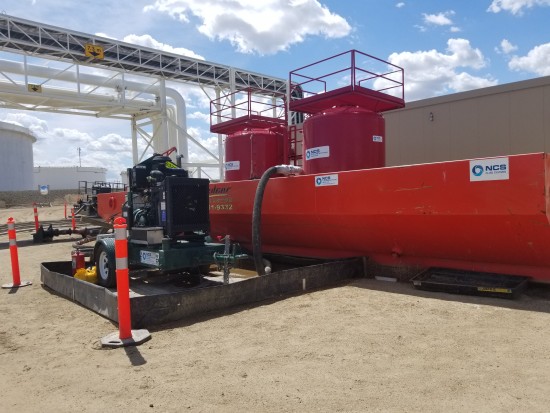
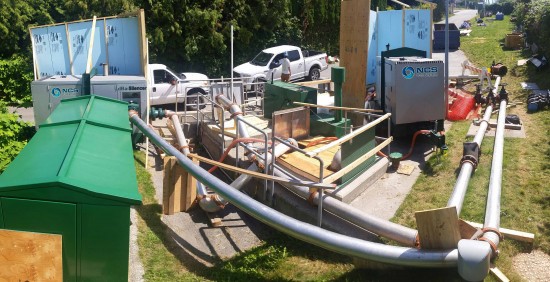
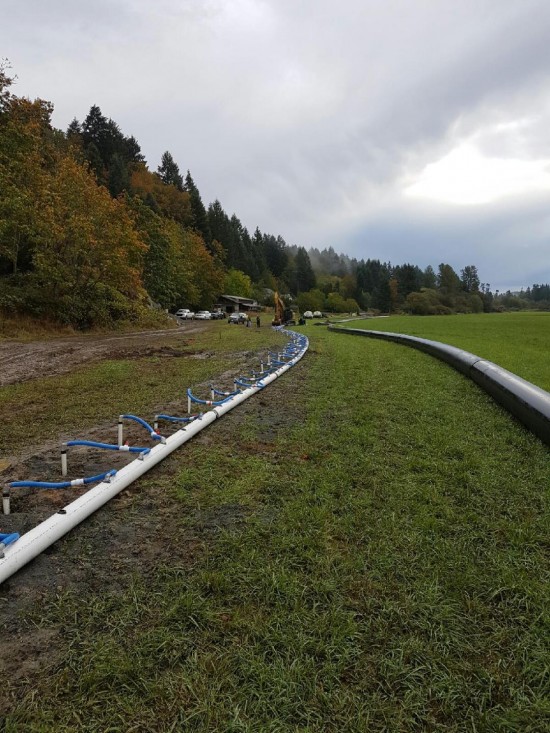
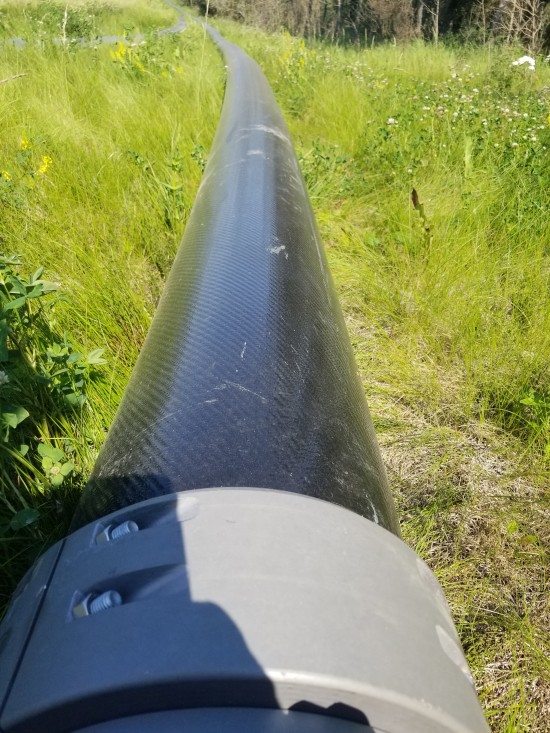
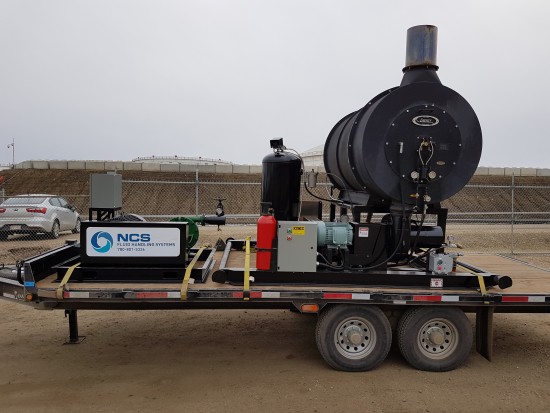
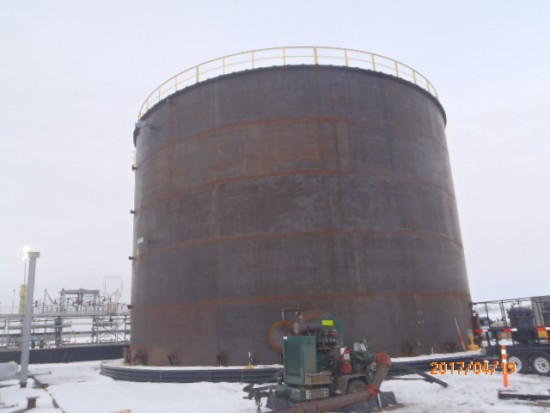
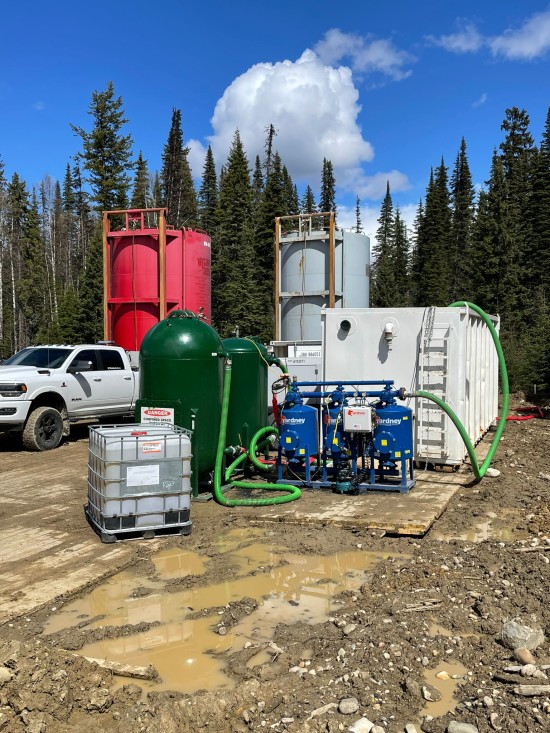
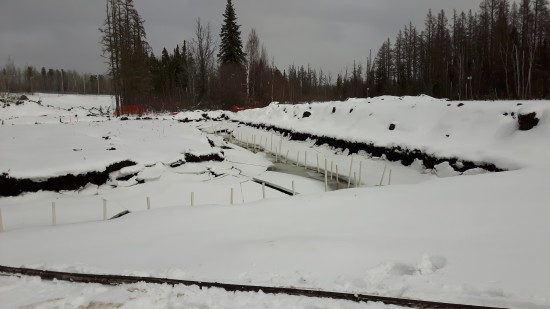
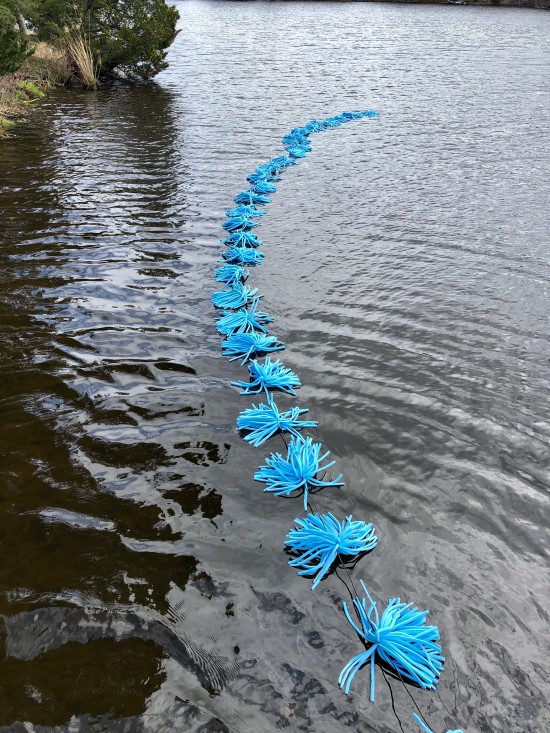
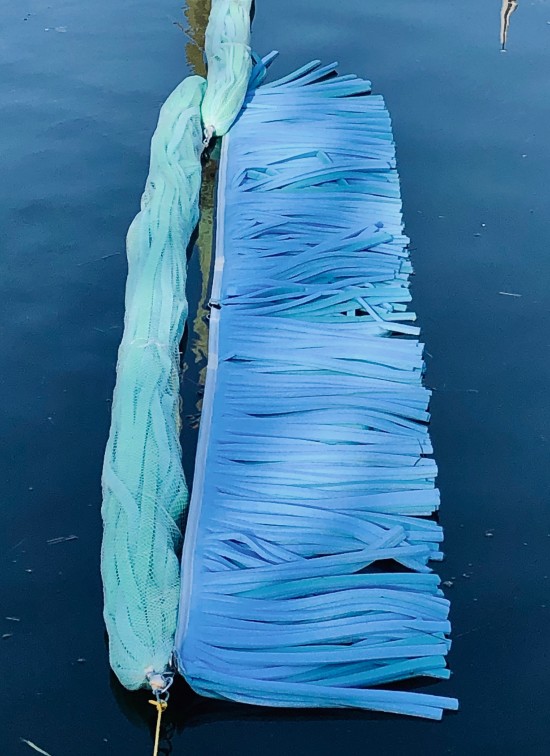
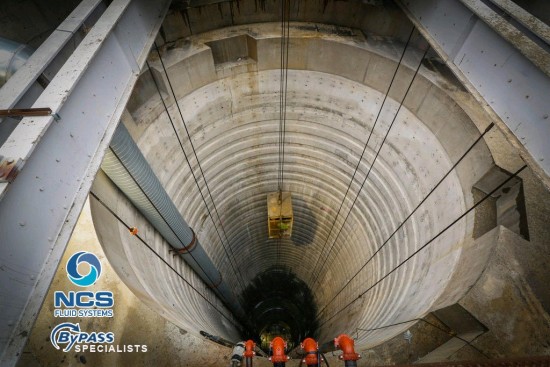
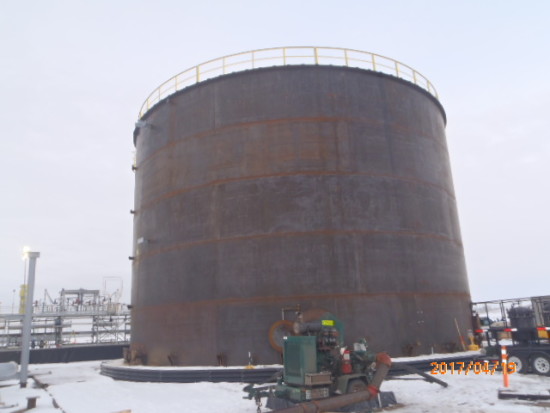

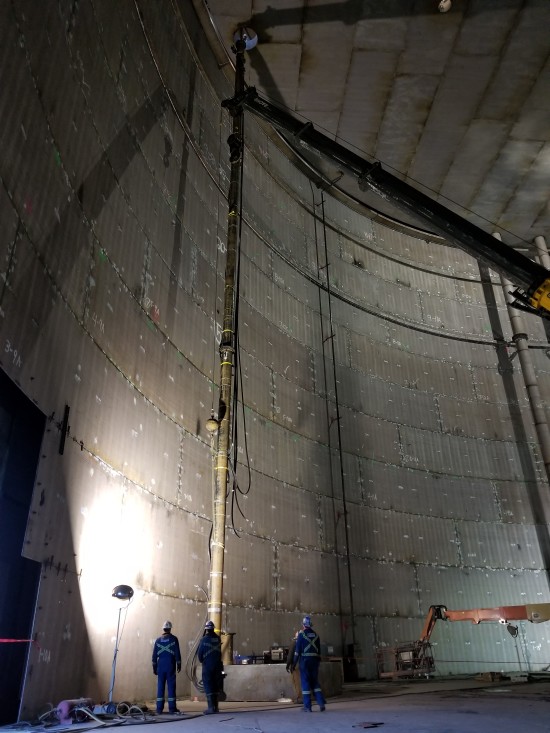
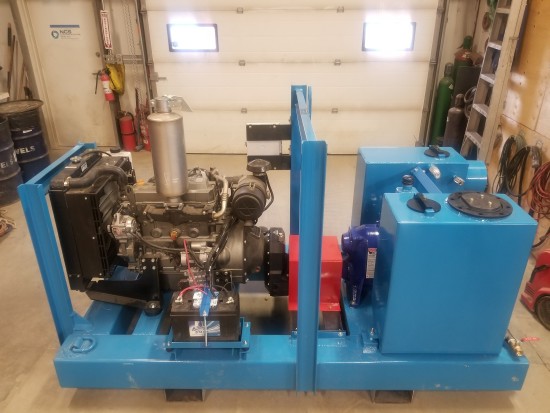
NCS Fluid Handling Systems uses unique equipment in the normal course of operations as the majority of NCS projects are very specialized.
Lamella Tanks, Carbon Beds, Filter pots, Sand Pots, 21K tanks, 10K tanks, water treatment systems, specialty heaters, Filtration systems, spill recovery and Pumps all make up the specialized fleet of equipment
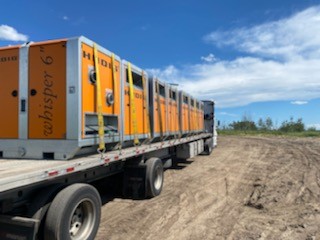
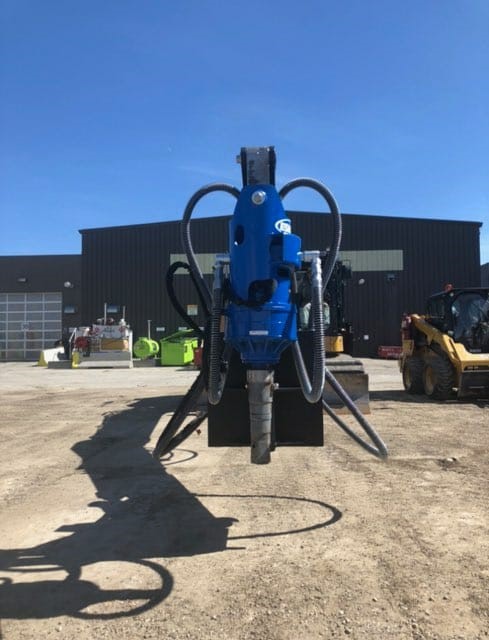
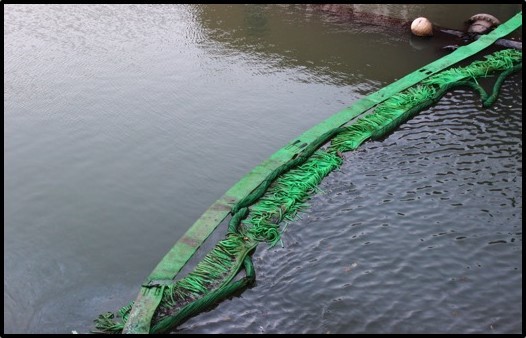
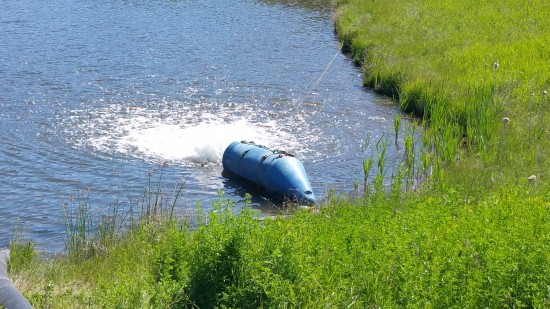
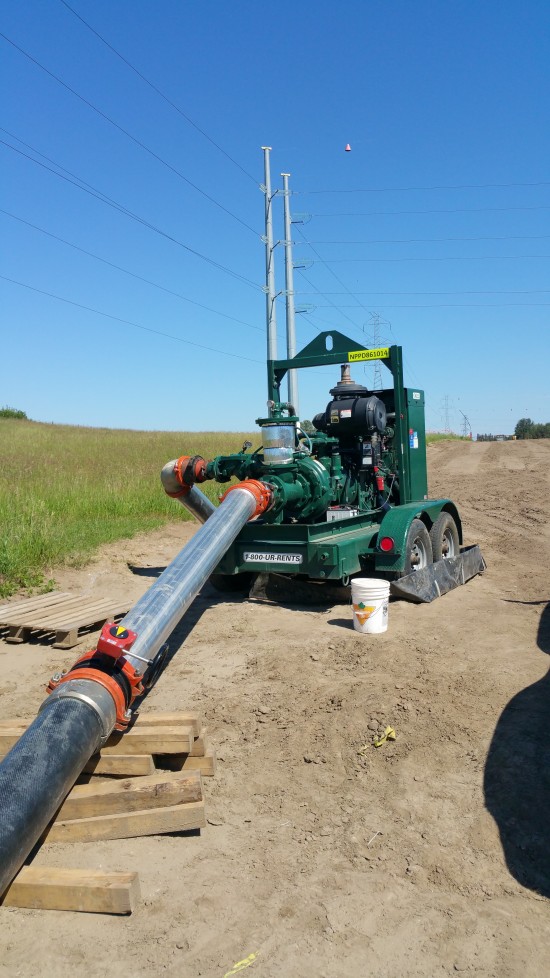
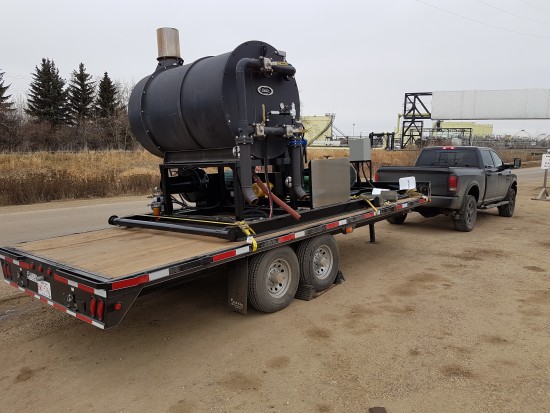
Head office # - 1-888-618-7867
Owen Gilbert - 780-910-7951 [email protected]
Duane Burkard - 403-990-8676 [email protected]
Marliese Fraser - 403-963-7723, [email protected]
Nate Leman - 403-601-5090, [email protected]
Clint Johnstone - 780-903-6206, [email protected]
Adam MacDonald - 236-464-3744, [email protected]
Shawn Mitchell - 778-846-4988, [email protected]
Lane Miller - 780 - 232-2576, [email protected]
